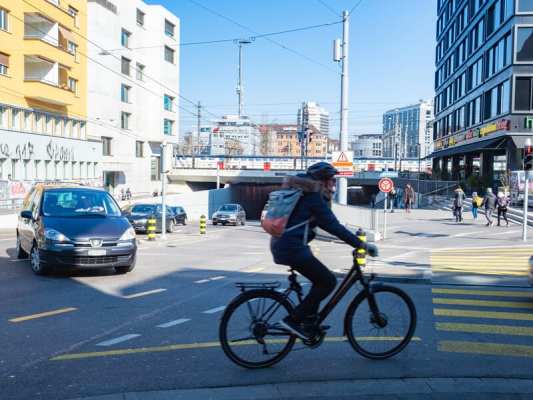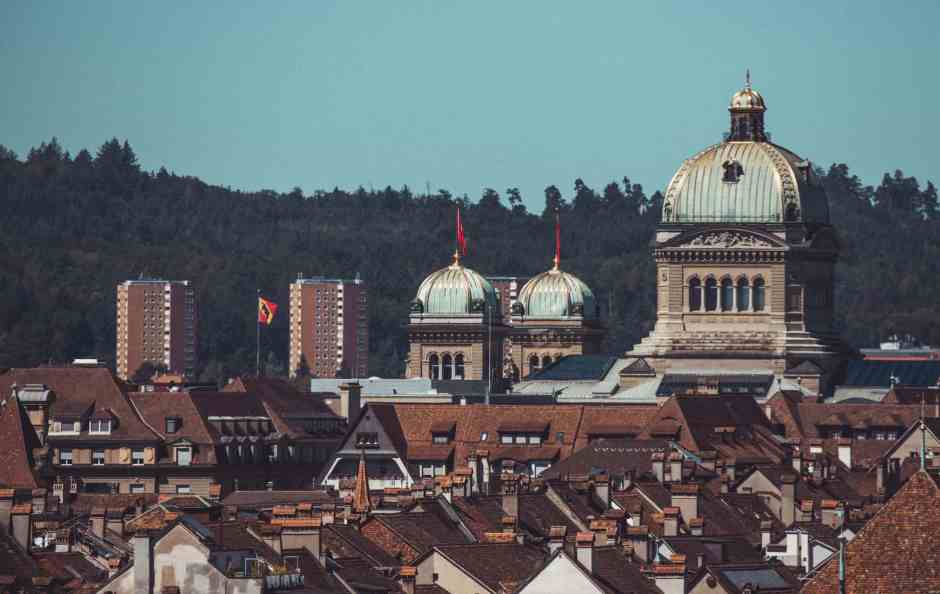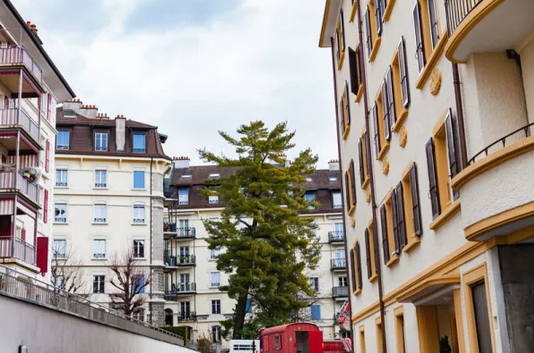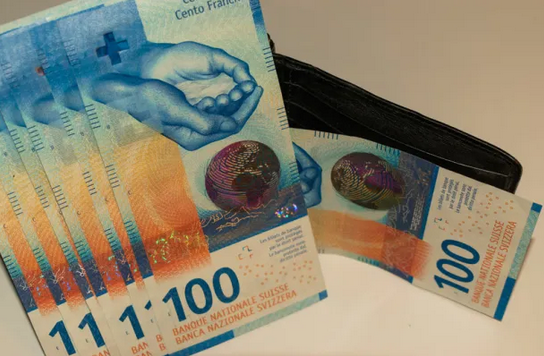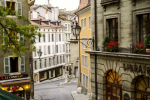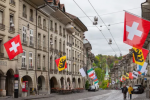Recently published international price comparison numbers show just how expensive life is in Switzerland.
The price of a standard basket of items, including food, clothing, accommodation, healthcare, transport, education and other regular expenses, was far higher in Switzerland than in the rest of Europe.
In 2016, life in Switzerland was 68% more expensive than the EU average. The only other countries close to being this far above the average were Iceland (+54%), Norway (+49%) and Denmark (+41%), three countries outside the eurozone.
Popular cross-border shopping countries, Italy (+1%), Germany (+3%) France (+6%) and Austria (+10%), were only marginally above the EU average and far cheaper than Switzerland.
Countries further afield such as Portugal (-19%) and Spain (-8%) were substantially cheaper than the EU average.
The UK, despite a weak currency, was still well above average (+22%), something driven by the high cost of housing, 68% above the EU average.
Someone breaking even in Portugal considering a move to Switzerland would need to earn more than twice as much after taxes and social charges in Switzerland as they do at home. Spaniards (+82%), Italians (66%), Germans (+63%), French (+58%) and British (+37%) would also need substantially higher Swiss pay to come out even.
Areas where Switzerland was exceptionally expensive include food (1.8x the EU average), health (2.1x), education (2.3x) and accommodation (1.8x). The most expensive category under food was meat (2.5x) and under health it was hospital services (2.7x).
Food prices were far lower in neighbouring countries. Italy (-35%), Germany (-38%%) France (-35%%) and Austria (-28%) were all far cheaper. Savings on meat, Switzerland’s most expensive food item, ranged from 53% (Italy) to 44% (Austria).
Switzerland has pulled away from average EU prices by 40% over the last 10 years, in part because of the rapid rise of the Swiss franc. In 2006 Switzerland was 28% more expensive than the EU average. By 2016 it was 68% more pricy, a rise of 31%. More than one third of this rise occurred in 2011 when the Swiss National Bank (SNB) admitted defeat in its efforts to suppress the value of the franc.
From afar, higher Swiss pay might look attractive but it can easily get gobbled up by higher bills.
More on this:
Link to statistcs (in French) – Take a 5 minute French test now
For more stories like this on Switzerland follow us on Facebook and Twitter.
Full story here Are you the author? Previous post See more for Next postTags: Cost of living Switzerland,Editor's Choice,newslettersent,Personal finance






















